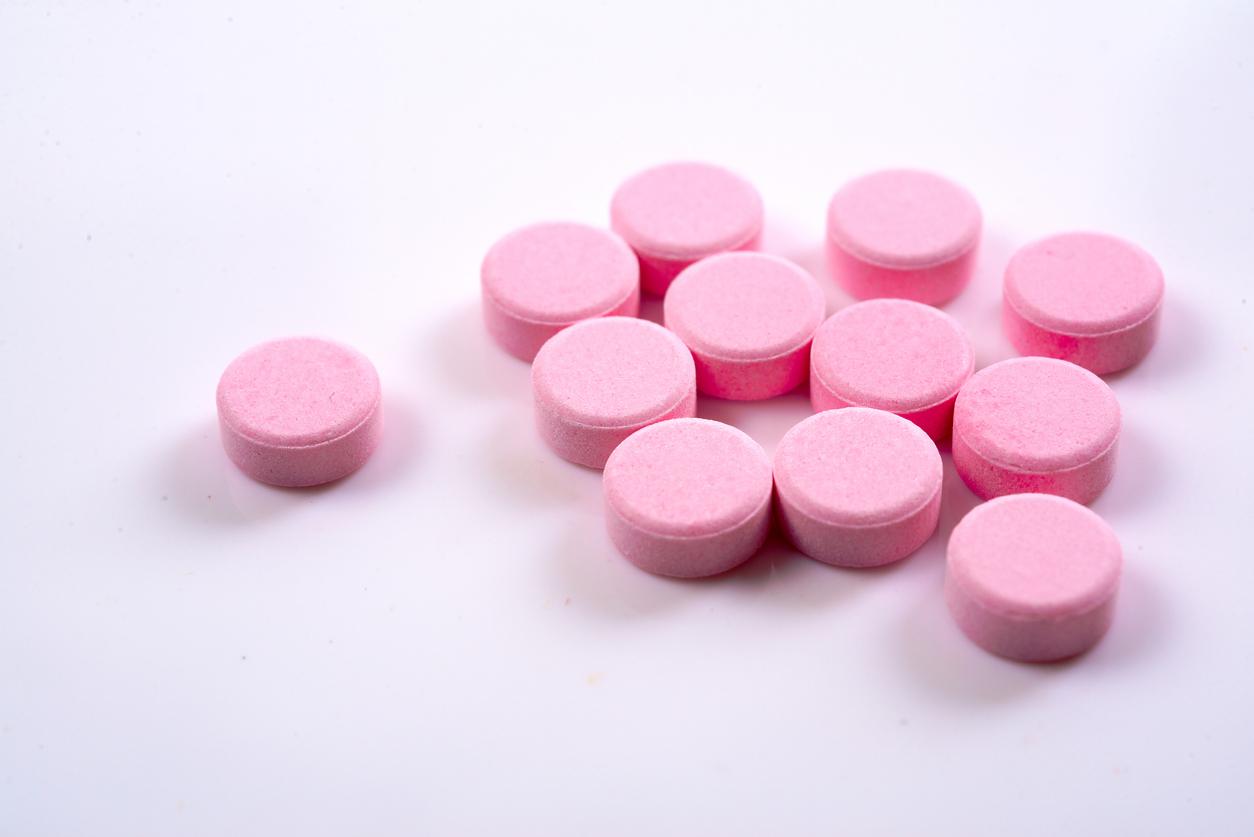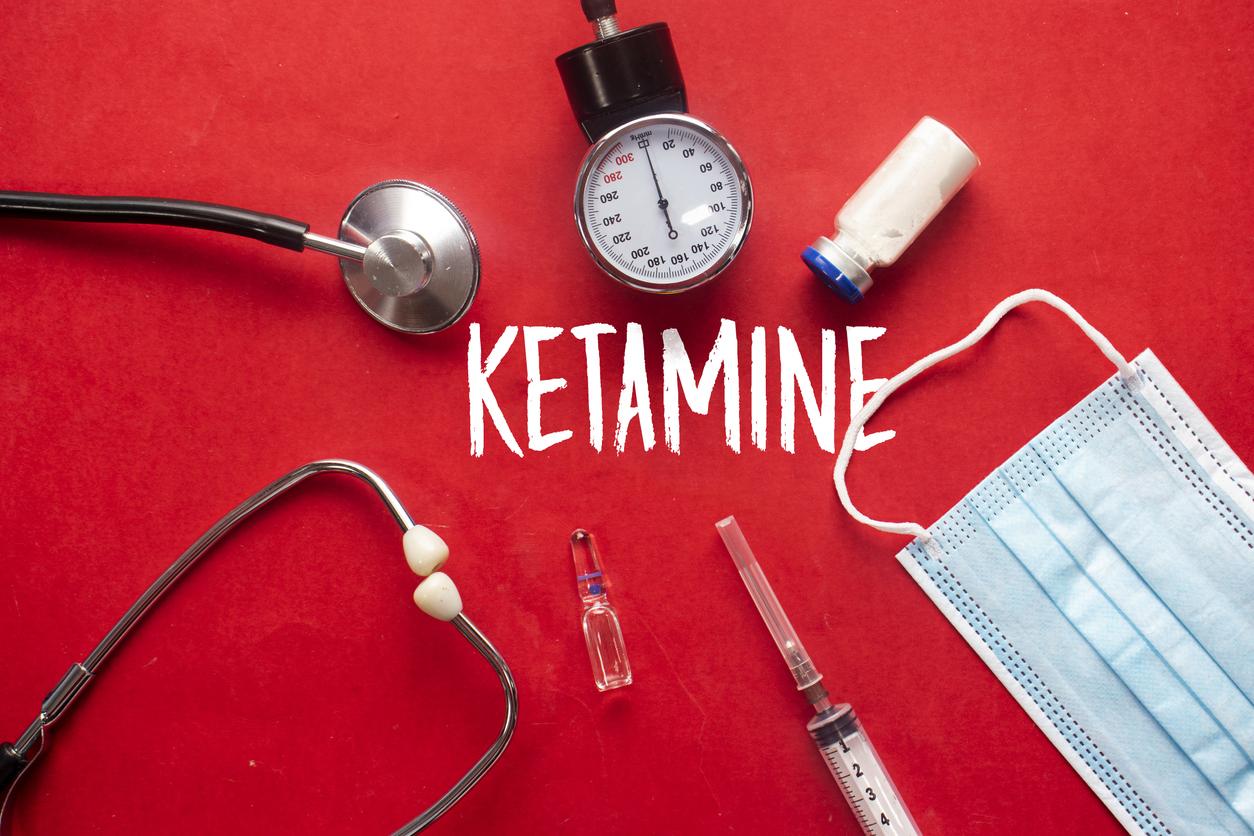Researchers have evaluated the effectiveness of 21 antidepressants in the short-term treatment of depression. Not all are created equal, especially some are not suitable for all profiles. Explanations.

A quarter of French people have received a prescription for psychotropic drugs within the year. This rate is the result of a study carried out and published by theHealth Insurance in 2003. There are different treatments based on psychotropic drugs, each one adapted to a type of patient. American researchers have compared the effectiveness of different antidepressants.
The study was conducted by the Oxford Biomedical Research Center in the UK and the Japanese Society for the Advancement of Science. The results appeared in the journal The Lancet.
Antidepressants more effective than placebos
The data used by the researchers involved 116,477 participants, all treated for significant depressive disorders. 21 antidepressants have been studied and compared with placebo. In all cases, the treatments were more effective than the placebo. This debate is very common in the scientific community.
However, some psychotropic drugs were found to be more effective on certain endpoints: the response to treatment was stronger and the dropout rate was lower. These are escitalopram, mirtazapine, paroxetine, agomelatine and sertraline. On the contrary, certain antidepressants have been shown to be less effective and less tolerated, such as reboxetine, trazodone and fluvoxamine. Their use requires, according to the researchers, more vigilance.
Network meta-analysis of 21 commonly used #antidepressants: all antidepressants are more effective than placebo for short-term treatment of acute #depression in adults – in this week’s issue https://t.co/y7ibpaAytj pic.twitter.com/JzLmkjJ8GA
– The Lancet (@TheLancet) April 9, 2018
Different efficacy depending on the patient’s age
A study previously conducted by the same researchers showed the differences in results for the same treatment depending on whether it is used to treat a young or adult patient. For example, fluoxetine is the main antidepressant that is effective in treating depressive symptoms in adolescents. According to this study, this treatment is the only one to be more effective than placebos, and should only be used when medication is necessary.
According to a study from the French Agency for the Safety of Health Products, 3% of adolescents are affected by depression.
The real problem is to find a marker that would immediately predict the effectiveness of an antidepressant for a given patient. Because it has been shown that the more time passes, the more patients become resistant to the usual antidepressant treatments.

.

















